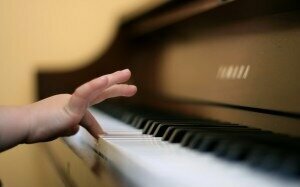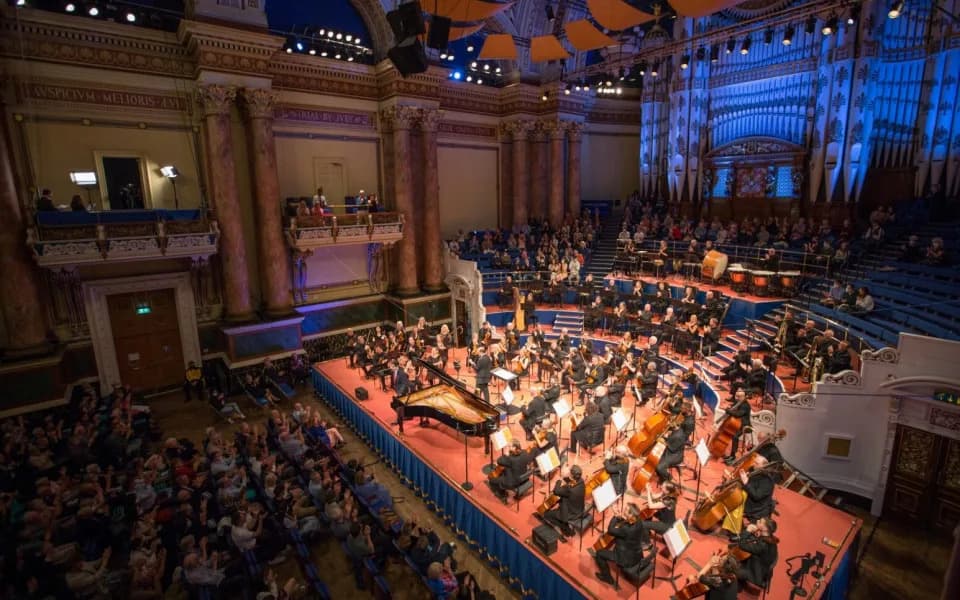
Credit: http://wallpaperest.com/
I have been asked to write about how my learning of a musical instrument as a child had influenced me in life. As a mother, I have also asked myself this question when thinking about my daughter’s education. I would love to think that my daughter has an innate sense of music, particularly considering that at only two years old, she is mumbling Mozart all day. In real life, no talent could be capitalized on without time and sweat, and so far my beloved daughter is just mumbling “Twinkle! Twinkle! Little star”.
These days, preparing children for their future has become a life-long marathon: mathematics, languages, social skills, sports, just to name a few of the disciplines parents would like their children to excel at. However, music is often relegated to a secondary league, being merely the toffee accompanying an after-meal coffee.
In my case, learning to play the piano was natural and convenient because my grandmother was a renowned pianist and we had three pianos at home. I still recall the long hours seated in front of the piano every day; the negotiations with the parental authority; the struggle with the notes; the frustration caused by my slow learning; and the tediousness of repeating the same lines over and over again until perfection was achieved (and I am only referring to the order of the notes here).
The learning process was dull and required dedication and sacrifice. Besides, these efforts were not necessarily rewarded with personal satisfaction, nor reflected in the satisfaction of the elders either. From my parents’ perspective, educating children involved long hours, negotiating, exercising discipline, and finding ways to sustain the child’s interest to stay focused. All these activities required extra time that had to be found on top of their strenuous efforts to help their children with homework from school.
In spite of that, I still believe that the pros of having learned the piano entirely offset these memories. As Saint Augustine said, “Eating and drinking have no pleasure, unless they precede the pinching of hunger and thirst.”
Music has its own language, especially classical music. I believe that the more you are familiar with classical music, the more profound your perception and understanding of it will be. Therefore, immersing a child in music at an early age can help him open his musical ear. Listening to music also develops one’s sensibility to it. It is like riding a bicycle – the more you do it, the better you’ll get at it.
Besides, music has been to me a spontaneous entry to other subjects such as history. History can be a rough subject for children, but once you introduce melodies and stories about the composers’ lives and works, it can help enhance the children’s interest in both music and history. After all, Mozart was a rock star of his time, although many people fail to see it this way.
Last but not least, education is painful for children and for parents. There is no easy learning process. A person can tiptoe through many subjects by watching TV, reading, or travelling; but eventually performance requires dedication and perseverance – to go that extra mile, to put it simply. This lesson of life is one of the takeaways of my music studies.
I would like to conclude by saying that learning to play the piano has not only given me joy in life, but it has also gifted me with patience, endurance, and preciseness. I love music so much that I would feel I have failed as a mother if I do not try to pass on this love to my daughter by giving her the opportunity to study and appreciate music.
Elisabeth Liu was born and raised in Paris in a family of music lovers. Both her grandparents, who lived with her and influenced her education, had brought music into her everyday life. Her grandmother was a famous piano-concert performer and her grandfather managed a harpsichord-manufacturing shop. Elisabeth practised piano starting from the earliest age until she entered university. She studied law and was admitted to the French bar association. She moved to Shanghai nine years ago to develop her career in law.




